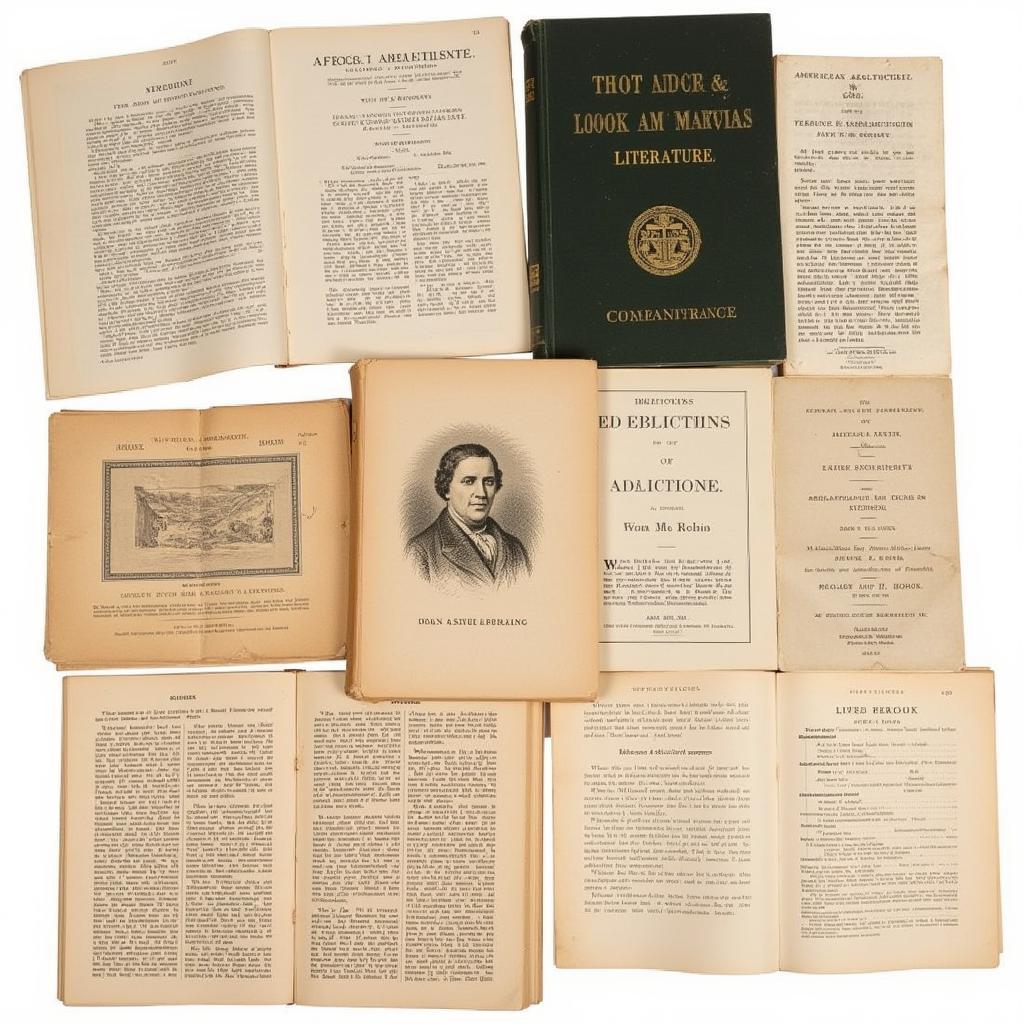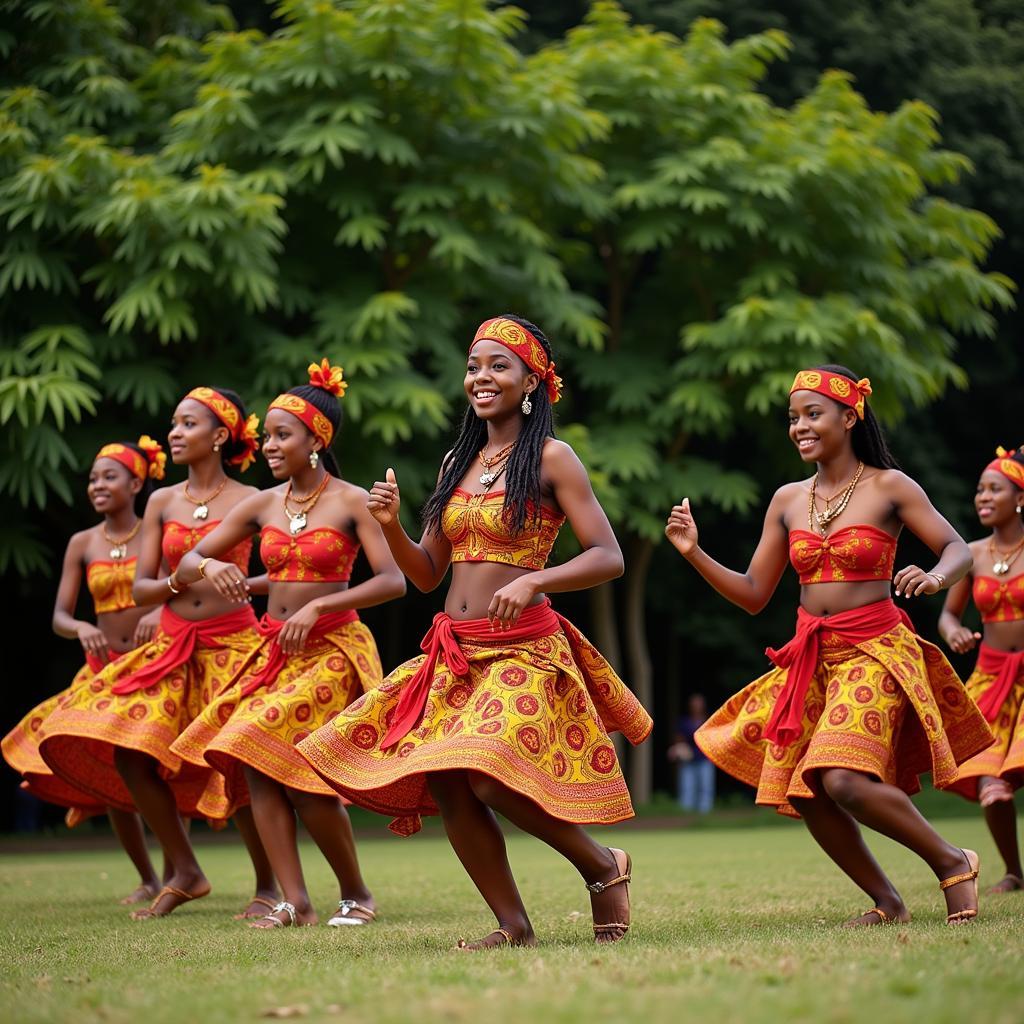The African Community in India: A Rich Tapestry of History and Culture
The African community in India, though small in number, boasts a history as old as some of the subcontinent’s most enduring dynasties. Woven into the fabric of Indian society for centuries, this community defies easy categorization, representing a diverse array of origins, languages, religions, and cultural practices. Their story is one of resilience, adaptation, and an enduring connection to their African heritage.
Tracing the Roots: From Trade Winds to Royal Courts
The African presence in India dates back centuries, with the earliest arrivals believed to have come as skilled sailors and merchants, riding the monsoon winds across the Indian Ocean. These traders often settled along the western coast of India, particularly in Gujarat and Maharashtra, establishing thriving communities and contributing to the vibrant tapestry of Indian Ocean trade.
Beyond trade, Africans played significant roles in medieval India, particularly during the Delhi Sultanate and Mughal periods. Africans, often referred to as Habshis or Siddis, served as soldiers, administrators, and even rulers. Their military prowess and administrative skills earned them positions of power and influence, with some even establishing independent kingdoms.
Cultural Continuity and Adaptation: A Unique Blend of Identities
The African community in India, despite centuries of assimilation, has retained strong ties to its African roots. Music and dance are particularly powerful expressions of this heritage, with rhythms and movements reminiscent of East African traditions still present today. The Sidi community in Gujarat, for example, is renowned for its vibrant “Goma” music and dance, characterized by energetic drumming, rhythmic clapping, and call-and-response vocals.
Religion has also played a significant role in shaping the African community’s identity in India. While many converted to Islam or Christianity upon arrival, they often blended these faiths with elements of their traditional beliefs, resulting in unique syncretic practices.
Facing Challenges, Forging Futures: Recognition and Inclusion in Modern India
The African community in India, despite its historical significance, continues to face challenges in terms of social recognition and economic opportunity. Discrimination and prejudice persist, often stemming from misconceptions and a lack of awareness about their history and contributions.
However, there is a growing movement for recognition and inclusion. Scholars are increasingly highlighting the African community’s role in Indian history and culture, while activists are working to address issues of social justice and equality.
The African community in India, with its rich history and unique cultural blend, is an integral part of the nation’s diverse social fabric. By recognizing their contributions, addressing the challenges they face, and celebrating their vibrant traditions, India can ensure that the tapestry of its cultural heritage remains as rich and vibrant as ever.



